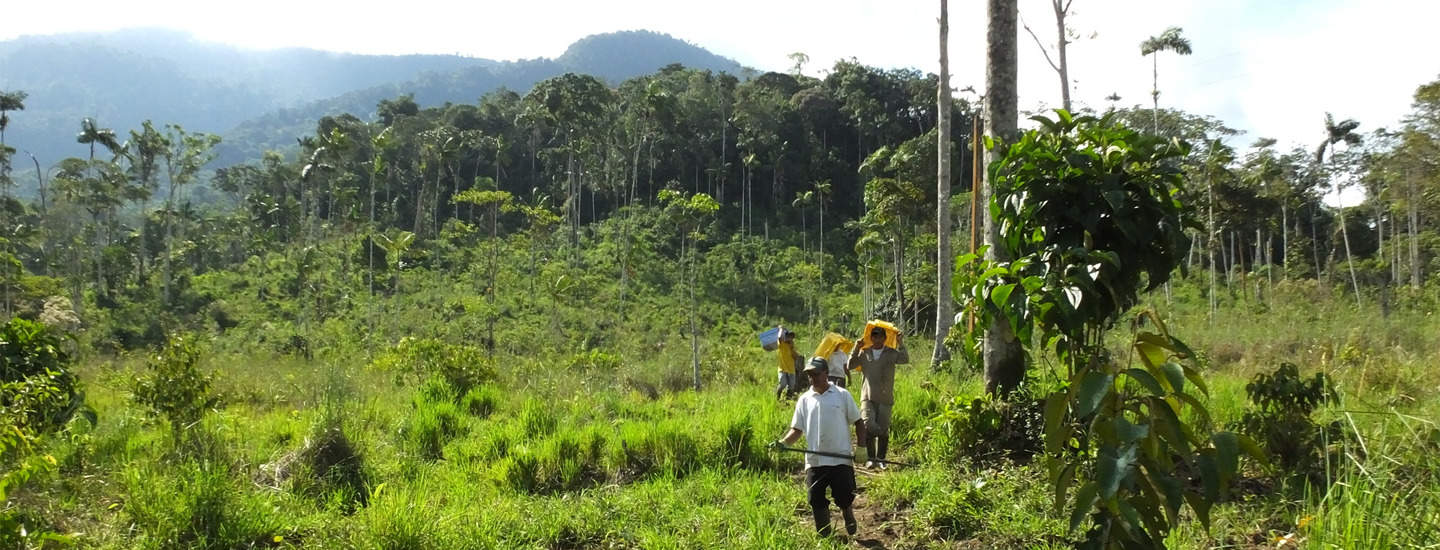News flash! Host Shortlisted for Three Prestigious GSL (Global Student Living) Awards 2025 and Retains Platinum Operator Certification
Clearing accommodation available: ROOMS SELLING FAST - BOOK NOW

Earlier this month, we launched the #HostEnvironmentalPledge 2019. The aim of the campaign is to reduce energy consumption at all Host locations across the UK and Ireland.
At the end of the campaign, as a result of reducing our consumption, we will donate money to our nominated charities; BulliesOut, Planet Patrol and World Land Trust.
For this reason, over the coming weeks we’re taking a closer look at each of the three charities and the work they do. First of all, starting with World Land Trust.
 World Land Trust (WLT) is an international conservation charity that protects the most biologically significant and threatened habitats acre by acre.
World Land Trust (WLT) is an international conservation charity that protects the most biologically significant and threatened habitats acre by acre.
Through a network of partner organisations around the world, WLT funds the creation of reserves; providing permanent protection for habitats and wildlife. Partnerships are developed with established and highly respected local organisations who engage support and commitment among the local community.
Mission: To protect and sustainably manage natural ecosystems around the world; to develop partnerships with local individuals, communities and organisations and to raise awareness in the UK and elsewhere, of the need for conservation.
World Land Trust started in 1989 and is now celebrating its 30th year, you can follow their history and key moments via the timeline on their website. Some of WLT’s more recent projects and most noteworthy stories are highlighted below:
Watch World Land Trust’s video and find out why it’s important to support them and the work that they do.
WLT has a number of notable patrons including Steve Backshall, David Gower, Chris Packham and the incredible Sir David Attenborough.
Sir David Attenborough is Britain’s best known and most loved Natural History Filmmaker. Sir David has supported the work of the WLT since its foundation in 1989; and he became a WLT patron in 2003.
Watch Sir David Attenborough discuss why he supports WLT and also how you can take action to protect the natural wonders of the world in the ‘What Can I Do?‘ video.
Finally, to find out more about World Land Trust and the work that they do, visit their website worldlandtrust.org or visit their YouTube channel.
If you’re living with us at Host, don’t forget to make your pledge and get involved! Speak with your on-site team to learn more about the campaign. Also keep an eye out on our news page for even more information on the #HostEnvironmentalPledge campaign and the other charities we’re supporting.
To become more ‘environmentally friendly’, Host is launching the #HostEnvironmentalPledge campaign to encourage responsible behaviour and drive sustainability across our sites throughout the UK and Ireland.
It’s a simple campaign! For every percent we reduce our overall utilities (electric, water and gas) consumption by we donate to one of our nominated charities.
Show me all newsAs the academic year winds down, many students start packing their bags and heading home for a much-needed break. But what if you stayed in your university town or city instead? Picking up a summer job where you study can be a game-changer - not just for your bank balance, but also for your personal growth and career prospects. Here's why staying local this summer might be one of your smartest moves yet, along with practical tips to make the most of it.
Choosing where to live during your studies in London is about more than just finding a place to sleep - it’s about finding a supportive, safe, and enriching environment that enhances your university experience. Here's why thousands of students choose Host as their student accommodation provider in London every year.



